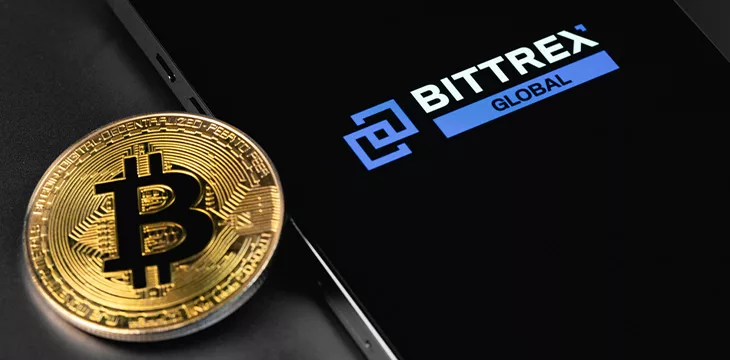|
Getting your Trinity Audio player ready...
|
Bittrex has announced it will shut its doors at the end of the year, telling customers that it will be halting all trading operations on December 4. After that point, only withdrawals will be allowed—and even then, withdrawals can only be made in EUR, not USD.
Bittrex did not give a reason for the closure. The announcement comes just over a year after the exchange was forced to pay more than US$53 million in settlements to the U.S. Treasury’s Office of Foreign Assets Control (OFAC) and Financial Crimes Enforcement Network (FinCEN) for failing to implement effective sanctions and anti-money laundering compliance controls on its platform. According to OFAC, this enabled a staggering $263,451,600.13 in digital asset transactions with sanctioned territories such as Crimea, Cuba, Iran, Sudan, and Syria.
Though $53 million is nothing to sniff at, the fines are certainly not large enough to be the immediate reason for the sudden closure of Bittrex. The effect of the OFAC and FinCEN settlements goes beyond money, however: they are, in effect, a regulatory referendum on Bittrex’s business model, which has apparently depended on being able to lure in customers with a non-existent AML compliance program.
Bittrex confirmed in March of this year, months after the settlements were made public, that it was being forced to close U.S. operations because “it’s just not economically viable for us to continue to operate in the current U.S. regulatory and economic environment,” according to co-founder and CEO Ritchie Lai. Like clockwork, the decision was announced just before the Securities and Exchange Commission (SEC) brought charges against the exchange and its co-founder and former CEO, William Shihara, for operating as an unregistered broker-dealer and securities exchange.
Between yet another regulatory enforcement action and what we know about how Bittrex was running its business from the earlier actions— according to OFAC, its settlement with Bittrex related to 116,421 separate sanctions violations—it is not surprising that the company felt it couldn’t carry on operations in the U.S. once it realized regulators had caught on to its status as a souk for money launderers and sanctioned regimes.
What is surprising is that Bittrex could not find another home from which to continue its (presumably) non-compliant business. There was a time when an exchange could flee regulatory scrutiny in the U.S. by picking another jurisdiction to relocate to (while still surreptitiously serving U.S. customers—ala the Binance playbook). If Bittrex’s defeat is anything to go by, those days may have come to an end.
That’s an encouraging sign for the global effort to clamp down and jurisdiction-shopping digital asset companies, which has been fuelled by sweeping new regulatory frameworks being implemented worldwide. It also puts in a rather amusing light the arguments made by indignant digital asset companies that U.S. regulatory activity is losing the country valuable business to overseas jurisdictions: it turns out the list of countries willing to host money laundering exchanges is growing smaller all the time.
Watch: What’s next for digital asset exchanges & investment?

 02-16-2026
02-16-2026 




